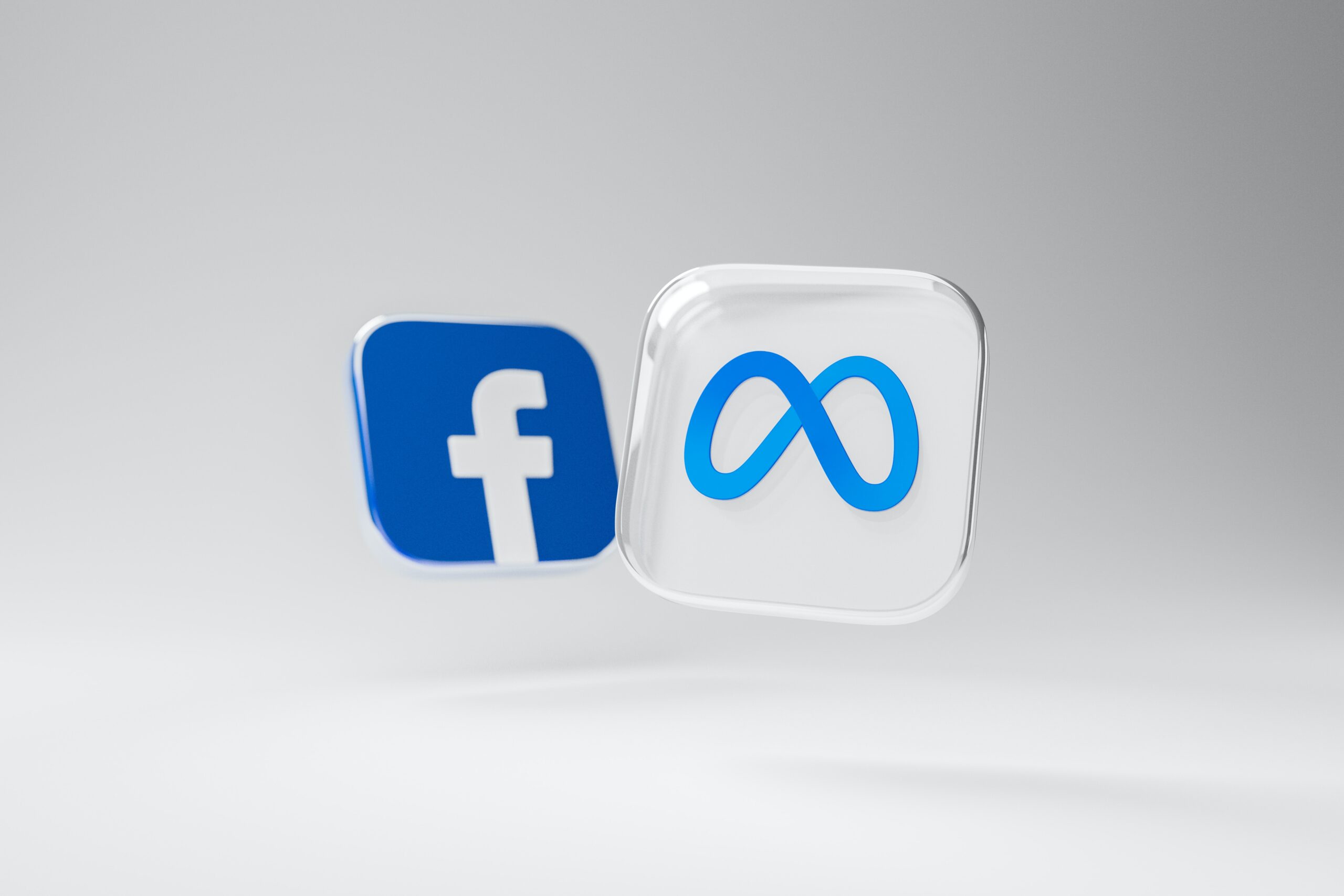Google and Facebook are the “teacher’s pets”. They ace every sector of the advertising industry and end up maintaining a duopoly in the market. And that is why they are the most preferred options out there. Or are they the only options out there? Competition? No? (cue * mystery * theme sound) Let’s find out.
You see ads. You see A LOT of them. And Google and Facebook are the dominant players in the digital advertising industry. Last year, they captured around 60% of the digital advertising spendings of the United States. Consumer engagement and attention is an influencing factor to be considered here but it is not the only explanation.
The duopoly:
While Google leads the search advertising sector, Facebook has the grip of display advertising. How do these organisations end up taking it all? They play the game of disguise quite well. They allow the user to experience plenty of benefits, at the mere expense of a “log-in”. And as the users “log in”, Google and Facebook gain “almost accurate” information about their identities, which ultimately helps the advertisers with the targeted ads and the targeted audience.
Since Google and Facebook operate under their own ecosystems, their system of estimating the identities of the users is comparatively more accurate than other ad tech services, third parties, etc. In exchange for a truckload of their free services, they collect valuable information about the consumers which in turn helps them make a list of people engaging similarly.
These “similar” users are a database that then helps identify the new users and their tendencies and activities, thus growing their customer base. All this is a huge aid when it comes to accurately delivering targeted ads. A lot of other ad tech services developed to help web publishers estimate the visitors’ identities, without the “log-in” but that estimation stands nowhere when compared to the data Google And Facebook hold about their users.
The lack of competition:
The increasing opacity by these digital giants is also a huge factor that protects their dominance. Google has barriers in place that hinder the entry and growth of its competitors. Restricting interoperability ends up in rising transaction costs thus preventing the small-scale advertisers from operating and expanding.
Google has a lot of proprietary data under its control which helps it to keep a watch and track the market metrics and success of ads. Companies like Snapchat hold a smaller position when compared to Facebook thus being unable to pose challenges as these organizations fall short in terms of supply capacity etc. This lack of competitiveness gives Facebook an undue advantage of exploiting the market by providing inaccurate data about its video viewership thus inflating the metrics.
Advertisers are willing to pay a larger sum of money in exchange for accurate user identities as compared to anonymous ones. And cookie-fetched identities collected lower cost per thousand impressions-CPM premium. Ads delivered using information by third-party cookies have a shockingly high rate thus messing up the metrics and overstating the reach of those ads. Now, with Google following Apple’s footsteps regarding the elimination of third-party cookies, many web publishers will face difficulties in operating.
Many organisations are strategically building identity solutions to help web publishers focus on building user logins. This is how they can efficiently compete with Facebook and Google.
Let’s see what “post third party cookies” services have in store for us. It’s not just about clicking those ads, or is it?

